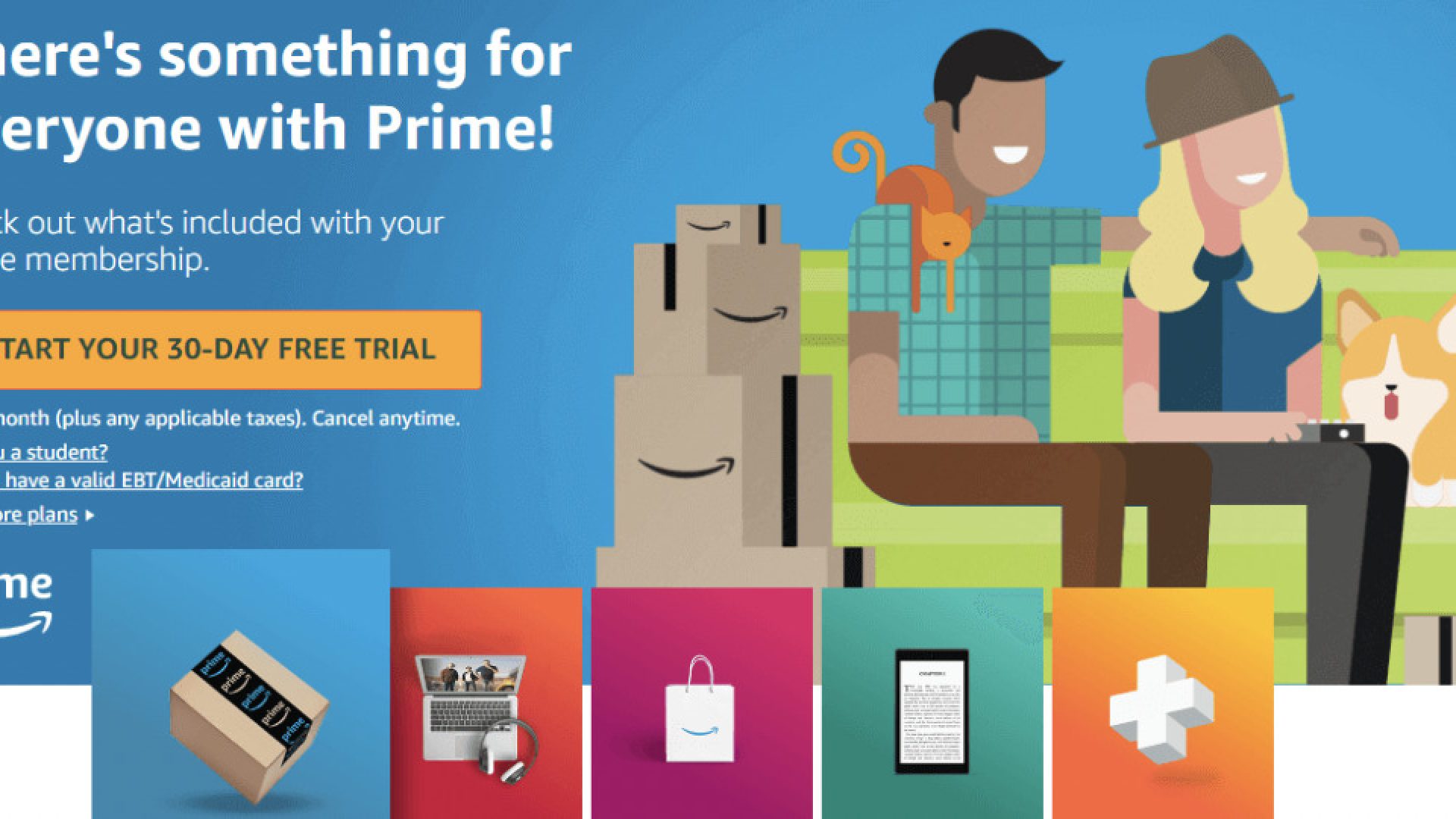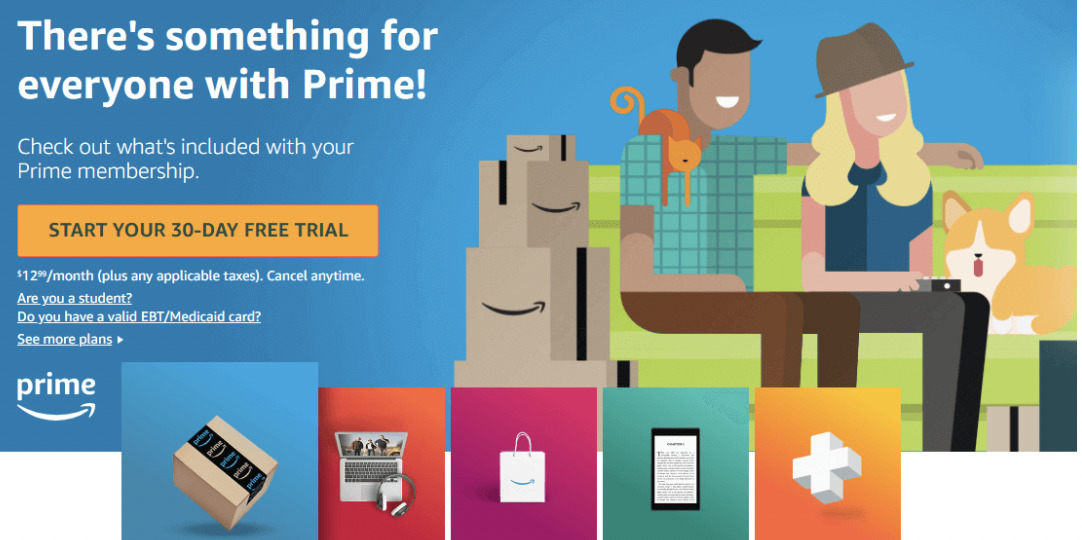The Australian Ecommerce Report 2023, published by IAB Australia and Pureprofile, reveals that 67% of consumers consider convenience as the primary factor driving their online purchases. Loyalty programs have gained significant importance, with 62% of online shoppers utilizing them to enhance their shopping experiences while saving money. Additionally, 90% of online shoppers remain subscribed to at least one rewards program, and a substantial 44% are registered for four or more cards.
Retail loyalty programs, such as Amazon Prime, eBay Plus, Wesfarmers OnePass, Woolworths Delivery Unlimited, and Costco Membership, charge a subscription fee for half of the online shoppers. The report highlights an increasing concern among consumers about the use of shopper data by retailers. As of 2023, 60% of shoppers express apprehension about data collected through loyalty cards, while an equal percentage is worried about data gathered through transactions.
In response to these concerns, 62% of online shoppers now spend more time researching and shopping around to make informed decisions. Additionally, 64% of shoppers consider search engines instrumental in their online brand discovery process. For millennials and Gen Z shoppers, social media and influencers play a key role, with 52% affirming the importance of social media in finding products and 41% relying on influencers to discover new items.
Shoppable advertising, a growing trend, is known by half of online shoppers, and 16% have made purchases through this channel (increasing to 26% for 18-29-year-olds). Retailers’ own stores and communications are crucial in introducing shoppers to new products and brands. 60% of online shoppers actively engage with content produced by retailers, indicating its influence on purchase decisions.
Gai Le Roy, the CEO of IAB Australia, recognizes that Australian consumers increasingly combine online and in-store shopping. However, retailers face the challenge of meeting the demands of price-sensitive consumers seeking value for their money. Le Roy emphasizes the need for retailers to offer a clear value exchange to consumers, as continuous discounting and undercutting competitors are not sustainable long-term strategies.
According to Martin Filz, the CEO of Pureprofile, the behavioral shifts resulting from the pandemic have become lasting habits for consumers. Personalization, relevance, convenience, and fast delivery have become expectations in online retail. Filz notes that online retail remains stable, with consumers making purchases at a similar frequency as last year, although they approach their purchases with more caution.

The Australian Ecommerce Report 2023, conducted in July 2023, surveyed 1,000 Australian online shoppers. This annual report investigates consumer attitudes, behaviors, and influences that drive ecommerce in Australia.
Convenience remains the top motivator for online purchases, according to the Australian Ecommerce Report 2023. A staggering 67% of consumers prioritize convenience when shopping online. Loyalty programs have also become increasingly important, with 62% of online shoppers using them to enhance their shopping experience while saving money. The majority of online shoppers, 90%, are subscribed to at least one rewards program. Additionally, 44% of online shoppers are registered for four or more cards.
Subscription fees for retail loyalty programs, such as Amazon Prime, eBay Plus, Wesfarmers OnePass, Woolworths Delivery Unlimited, and Costco Membership, are paid by 52% of online shoppers. Concern over how retailers handle shopper data has increased, with 60% expressing worries about the collection of data through loyalty cards (up from 51% in 2022) and transactions (up from 55% in 2022).
To make informed decisions, online shoppers are spending more time conducting research and comparing options. Search engines play a key role for 64% of shoppers in discovering brands online. Social media and influencers are particularly influential for millennials and gen Z shoppers, with 52% considering social media important in finding products, and 41% relying on influencers to discover new products.
Shoppable advertising is known to 50% of online shoppers, and 16% have made purchases this way (increasing to 26% for 18-29-year-olds). Retailers’ own stores and communications play a crucial role in shoppers’ discovery of products and brands, with 60% frequently reading content produced by retailers.
IAB Australia’s CEO, Gai Le Roy, observes that Australian consumers now enjoy a mix of online and in-store shopping. However, retailers face new challenges as price-sensitive shoppers seek value for their money. Le Roy emphasizes the importance of offering a clear value exchange to consumers instead of relying on constant discounting and undercutting competitors.
Pureprofile’s CEO, Martin Filz, highlights that consumer behavior changes prompted by the pandemic have evolved into habitual patterns. Personalization, relevance, convenience, and fast delivery are now the customers’ expectations. Despite increased caution, online retail remains steady compared to the previous year’s purchase frequency.
The third edition of the Australian Ecommerce Report, conducted in July 2023, surveyed 1,000 online shoppers in Australia. The report explores consumer attitudes, behaviors, and influencers shaping ecommerce in the country.
The Australian Ecommerce Report 2023, released by IAB Australia and Pureprofile, discloses that convenience remains the primary driving factor for online purchases. The report reveals that 67% of consumers prioritize convenience when shopping online. Moreover, 62% of online shoppers use loyalty programs to enhance their shopping experience while saving money. An overwhelming 90% of online shoppers are signed up for at least one shopper rewards program, and 44% hold four or more cards.

Half (52%) of online shoppers subscribe to a paid retail loyalty program like Amazon Prime, eBay Plus, Wesfarmers OnePass, Woolworths Delivery Unlimited, or Costco Membership. Concerns regarding retailers’ use of shopper data have increased, with 60% expressing worries about data collected through loyalty cards (up from 51% in 2022) and transactions (up from 55% in 2022).
The report also reflects that 62% of online shoppers have increased the amount of time they spend on shopping and research. Meanwhile, searching for products remains crucial, with 64% of shoppers using search engines when shopping online. Millennials and Gen Z shoppers heavily rely on social media and influencers, with 52% considering social media important to find products and 41% identifying influencers as valuable sources for discovering new products.


